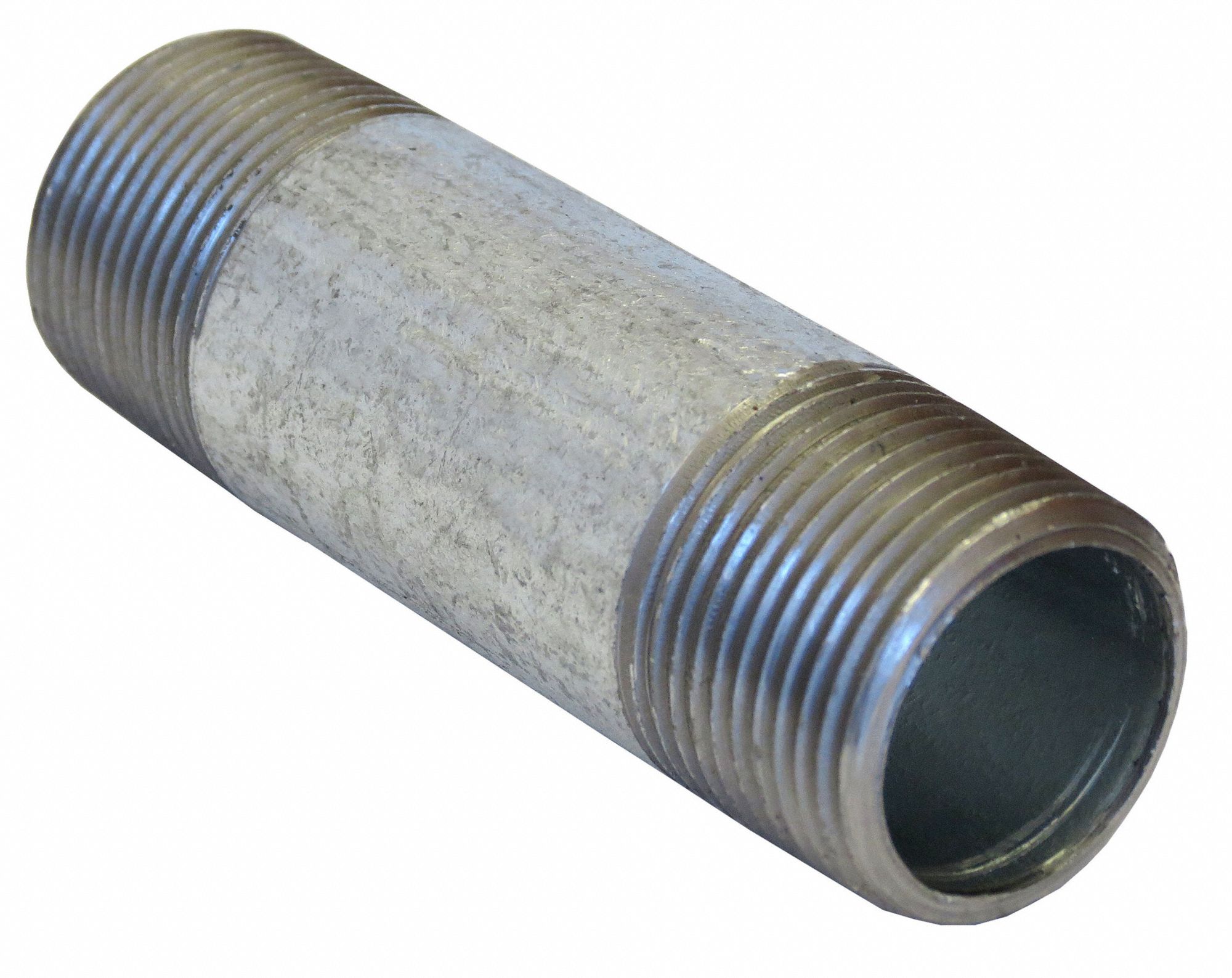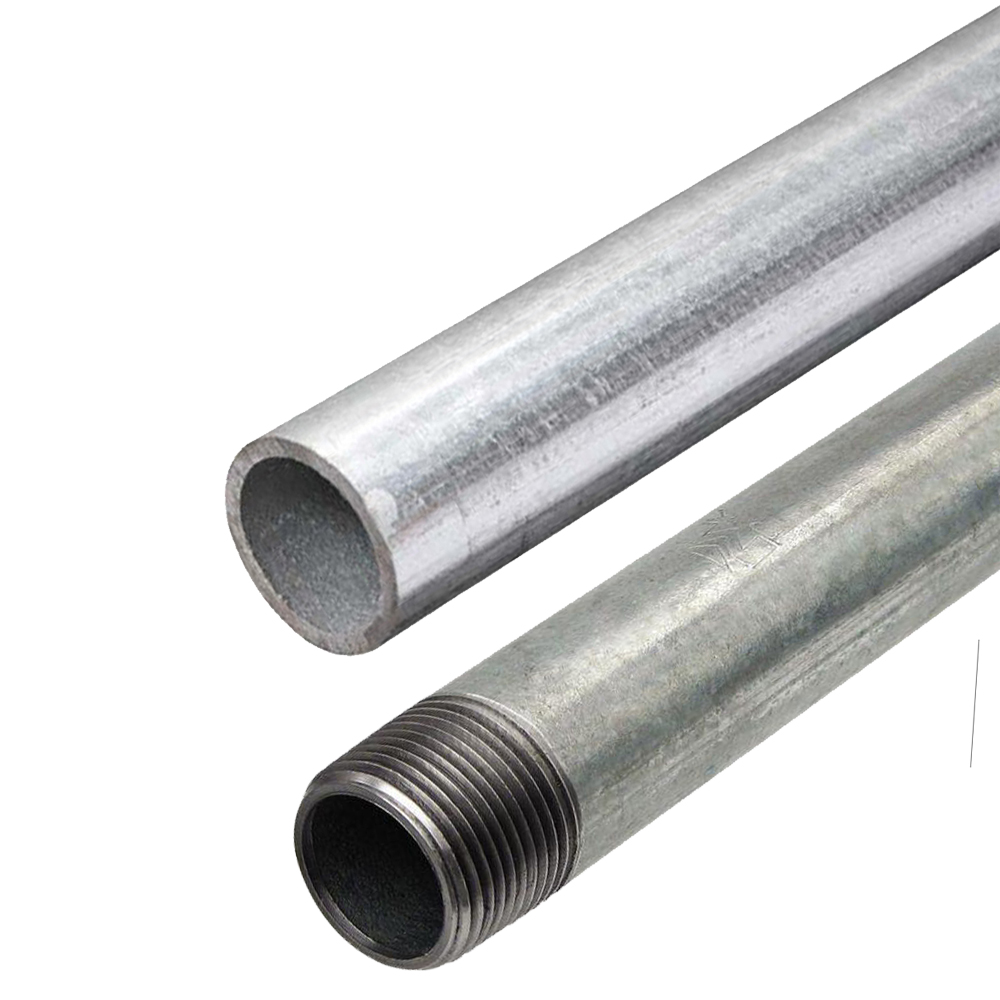Galvanized pipe for gas is an essential component in many plumbing and gas distribution systems. This type of pipe, which is coated with a layer of zinc to prevent corrosion, has been widely used in various applications, including residential and commercial gas lines. In this article, we will delve into the intricacies of galvanized pipes, their benefits, applications, and important considerations to keep in mind when using them for gas transportation.
With the increasing demand for reliable and durable piping solutions, understanding the properties and advantages of galvanized pipes is crucial for homeowners, contractors, and engineers alike. This guide aims to provide you with an in-depth exploration of galvanized pipes, ensuring you have the necessary knowledge to make informed decisions for your gas system needs.
We will cover everything from the manufacturing process, installation techniques, and maintenance practices to the safety measures associated with using galvanized pipe for gas. Whether you are planning a new installation or looking to upgrade your existing system, this article will serve as a valuable resource to help you navigate the complexities of galvanized piping.
Table of Contents
- What is Galvanized Pipe?
- Benefits of Galvanized Pipe for Gas
- Applications of Galvanized Pipe
- Installation of Galvanized Pipe
- Maintenance of Galvanized Pipe
- Safety Considerations
- Comparison with Other Pipe Materials
- Conclusion
What is Galvanized Pipe?
Galvanized pipe is a type of steel pipe that has been coated with a layer of zinc to protect it from corrosion. The process of galvanization involves dipping the steel pipe in molten zinc, creating a robust barrier that prevents rust and degradation over time. This makes galvanized pipes particularly suitable for applications where they are exposed to moisture or corrosive environments.
Manufacturing Process
The manufacturing process of galvanized pipes includes the following steps:
- Steel pipe production: The pipe is made from steel, which provides strength and durability.
- Galvanization: The steel pipe is coated with zinc through either hot-dip galvanization or electro-galvanization.
- Quality control: The pipes are inspected for defects and conformity to industry standards.
Benefits of Galvanized Pipe for Gas
Using galvanized pipe for gas transportation offers several advantages, including:
- Corrosion resistance: The zinc coating provides excellent protection against rust and corrosion, ensuring a long service life.
- Durability: Galvanized pipes are tough and can withstand high pressure and temperature variations commonly found in gas systems.
- Cost-effectiveness: Although the initial investment might be higher than other materials, the longevity and low maintenance requirements of galvanized pipes can lead to cost savings over time.
- Ease of installation: Galvanized pipes are relatively easy to install, making them a preferred choice for many contractors.
Applications of Galvanized Pipe
Galvanized pipes are commonly used in various applications, including:
- Residential gas lines
- Commercial gas distribution systems
- Industrial applications
- Heating systems
Installation of Galvanized Pipe
Proper installation is crucial for the safe and effective use of galvanized pipe for gas. Here are some key considerations:
- Ensure all connections are secure and leak-free.
- Use appropriate fittings and tools designed for gas applications.
- Follow local building codes and regulations.
Maintenance of Galvanized Pipe
Regular maintenance can extend the life of galvanized pipes and ensure safe gas transportation. Consider the following maintenance practices:
- Inspect pipes regularly for signs of wear or corrosion.
- Check joints and fittings for leaks.
- Clean pipes as needed to prevent blockages.
Safety Considerations
When using galvanized pipe for gas, safety should be a top priority. Here are some safety measures to keep in mind:
- Never use galvanized pipes for drinking water systems.
- Ensure proper ventilation in areas where gas is used.
- Be aware of the signs of gas leaks, such as a sulfur smell or hissing noises.
Comparison with Other Pipe Materials
When considering piping materials for gas transportation, it's essential to compare galvanized pipe with other options. Here’s how it stacks up:
- Black steel pipe: Often used for gas, but lacks the corrosion resistance of galvanized pipes.
- PVC and CPVC: Not suitable for gas applications due to their inability to withstand high pressure and temperature.
- Stainless steel: Offers superior corrosion resistance but comes at a higher cost.
Conclusion
In conclusion, galvanized pipe for gas is a reliable and durable solution for various applications. Its corrosion resistance, durability, and cost-effectiveness make it a preferred choice for many gas distribution systems. By understanding the benefits, applications, and best practices for installation and maintenance, you can ensure a safe and efficient gas transportation system.
We encourage you to share your thoughts in the comments below or explore more articles on our site to enhance your knowledge of plumbing and gas systems. Your engagement is invaluable to us!
Thank you for reading, and we hope to see you back for more informative content!




